Traveling alone can be exciting, liberating, and even life-changing. However, it can also be intimidating, especially if you’re planning a solo road trip. While road trips can be a great way to see the world and learn more about yourself, there are a few things you need to keep in mind to ensure your safety and enjoyment. Here are some tips for planning a safe and successful solo road trip.
Before You Go

Planning is key to a successful solo road trip. Before leaving, map out your route and any stops you may need to make along the way. It’s a good idea to research the areas you’ll be driving through, including local laws and customs. Share your itinerary with someone you trust and check in with them regularly. Make sure your vehicle is in good condition and pack an emergency kit with a flashlight, first-aid supplies, and water. Also, ensure that you have enough cash, because at some rural places transactions are only carried out in cash.
Protect Your Valuables
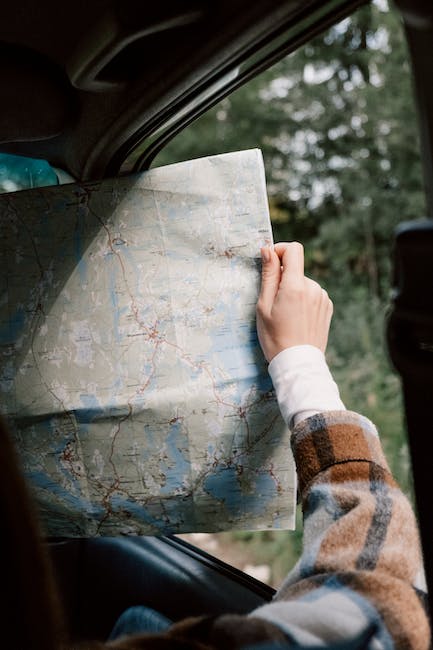
When you are traveling alone, there is no one to watch your belongings, so it’s important to take necessary steps to protect your valuables. To reduce the chance of theft, don’t leave your valuables in plain sight in your car. Keep them in the trunk or take them with you when you leave the car. To be extra cautious, you can use a GPS tracking device to keep track of your car if it is stolen. Ensure that you had parked your car at a safe place while staying overnight.
Stay Alert

Long drives can be tiring, and tired drivers are more likely to get into accidents. So it’s essential to take regular breaks to stretch your legs, get some fresh air, and stay alert. Drink plenty of water and avoid alcohol and drugs before and during the drive. It’s also a good idea to avoid caffeinated beverages, which can lead to dehydration and restlessness. By staying alert, you can be aware of your surroundings and notice warning signs that may indicate an unsafe situation.
Stay Connected

During your travel, bring a reliable phone charger and keep your phone charged. Make sure you know how to use your phone’s GPS and have the number for roadside assistance programmed in. Use social media to stay connected with friends and family, and let them know if you will be offline for any reason. Staying connected can help you feel less lonely while traveling and keep you in contact with loved ones in case of an emergency.
Stay Safe
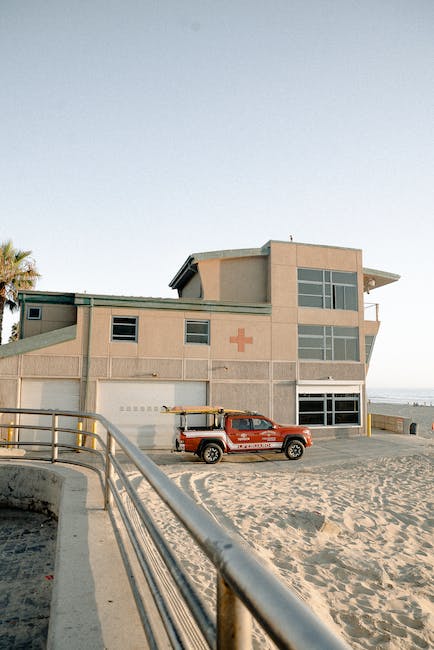
Safety should be your top priority when traveling alone, especially when driving in unfamiliar areas. Always lock your doors and windows, even when you’re in the car. Avoid driving at night if possible, and if you do, stick to main roads and well-lit areas. If someone is following you or making you feel uncomfortable, don’t hesitate to call the police. It’s better to be safe than sorry, so if you feel like something is not right, trust your instincts and take appropriate action.
Be Prepared for Emergencies
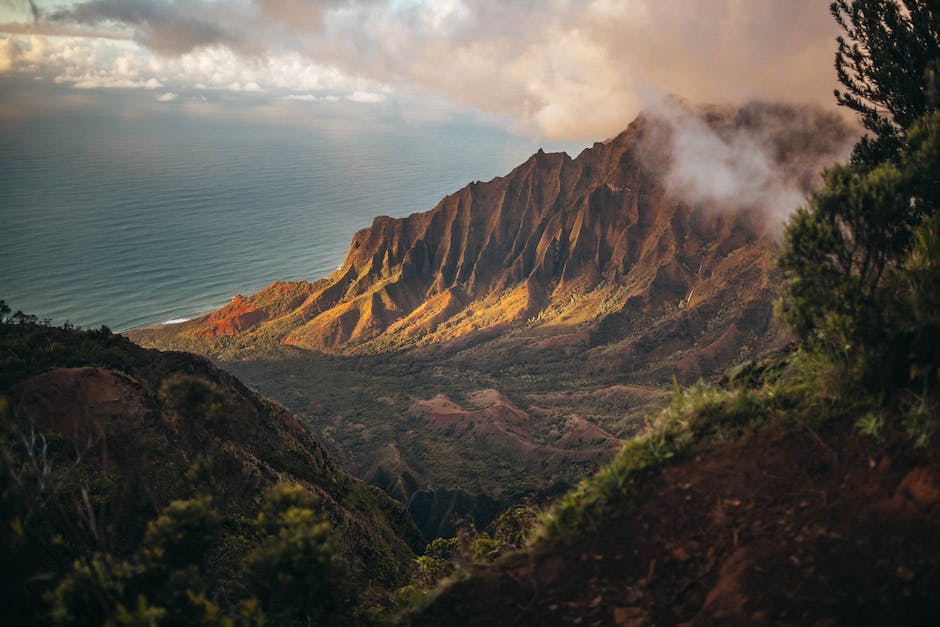
Emergencies can happen at any time and being prepared is essential. Know how to change a flat tire, check your oil and fluids, identify warning signs of car trouble, and always keep a spare tire, jack, and tire iron in your car. If you get lost or stranded, stay with your car and wait for help to arrive.
Stay Entertained

Driving alone for long stretches of time can get monotonous. To keep yourself entertained while on the road, bring a good book, music or podcasts, or download an audiobook or movie. You can also take advantage of scenic lookout points and stop to take pictures. Staying entertained can help break up the monotony of the drive and make it a more enjoyable experience.
Eat Healthy
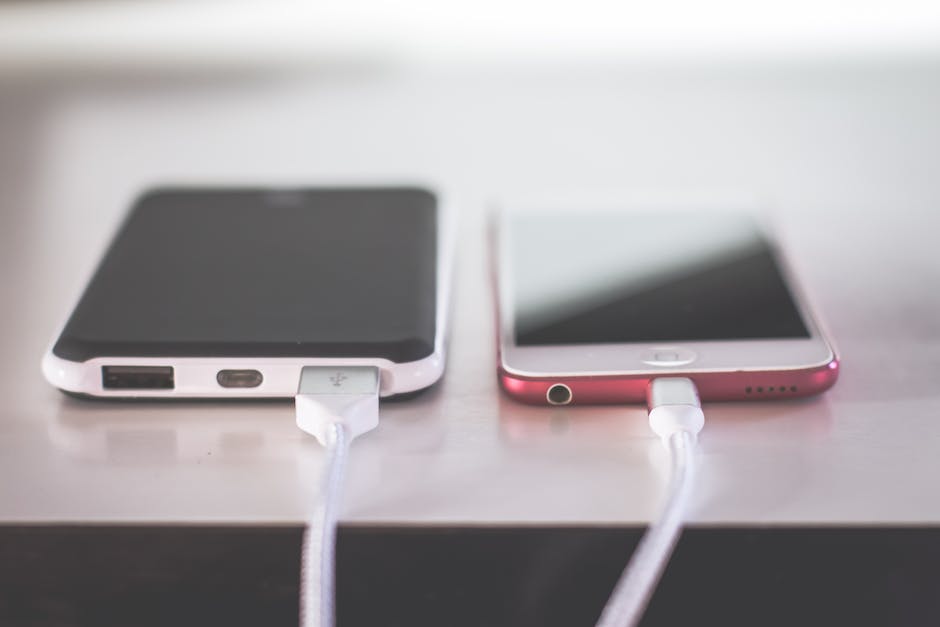
When traveling, it’s easy to rely on fast food and gas station snacks. However, these meals can leave you feeling bloated and tired. Instead, pack healthy snacks like fruit, nuts, and granola bars. Fill up on water and avoid sugary drinks and excessive caffeine, which can dehydrate your body. Eating healthy can give you the necessary energy to stay alert and focused while on the road.
Get Enough Sleep
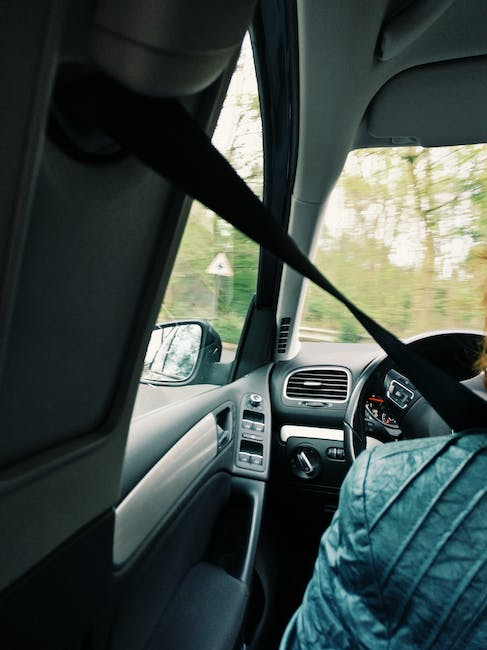
Driving while fatigued is extremely dangerous, and it’s not worth the risk. Plan your driving schedule so that you are getting enough rest. Don’t drive if you are tired or sleepy, and if you need to, pull over and take a nap, or find a safe place to sleep overnight. By getting enough sleep, you will feel more alert and less prone to accidents or mistakes.
Enjoy the Journey
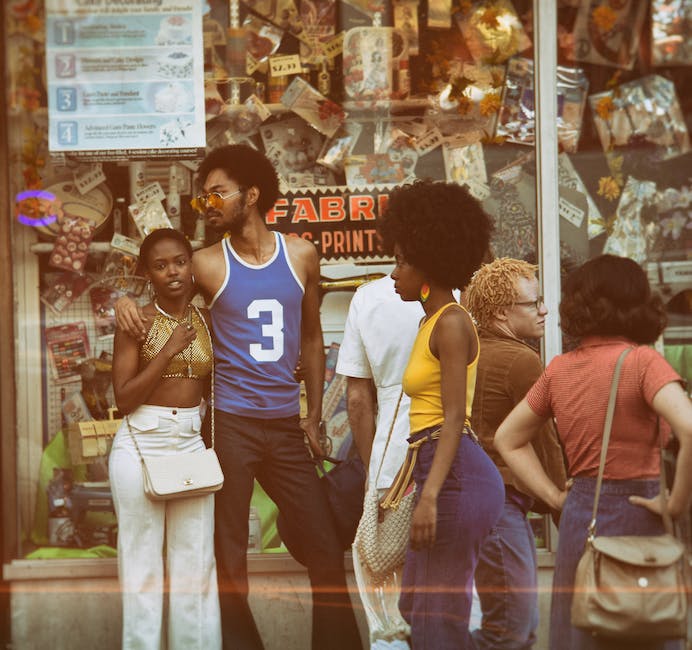
While traveling solo involves a bit of responsibility, remember that the journey is sometimes more important than the destination. Take the time to explore new places, meet new people, and make memories. Stay safe, but don’t be afraid to take risks and have fun. The beauty of solo road trips is that they allow you to go at your own pace and immerse yourself in the experience. Enjoy the journey and what comes along with it.

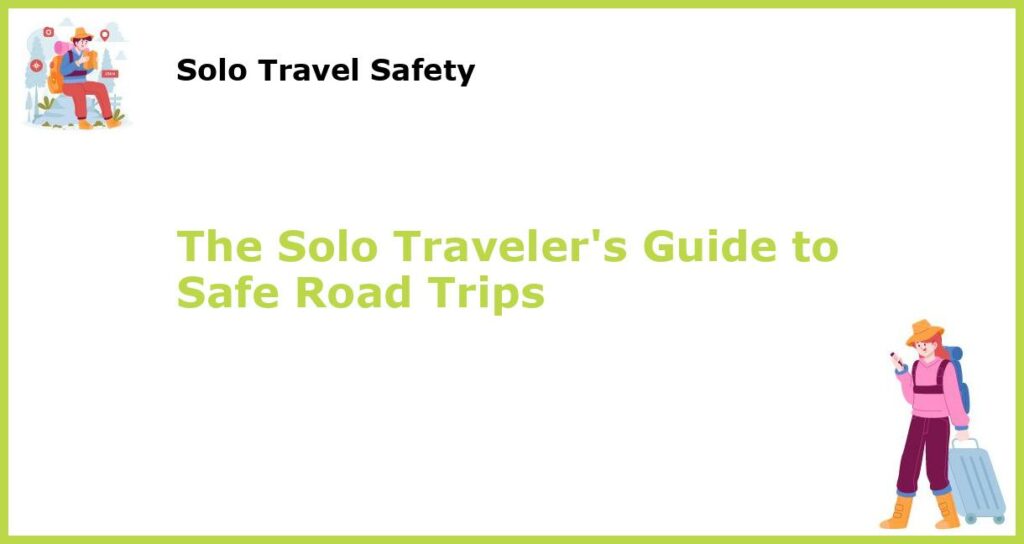






 You might also be interested in those articles related to solo traveling
You might also be interested in those articles related to solo traveling